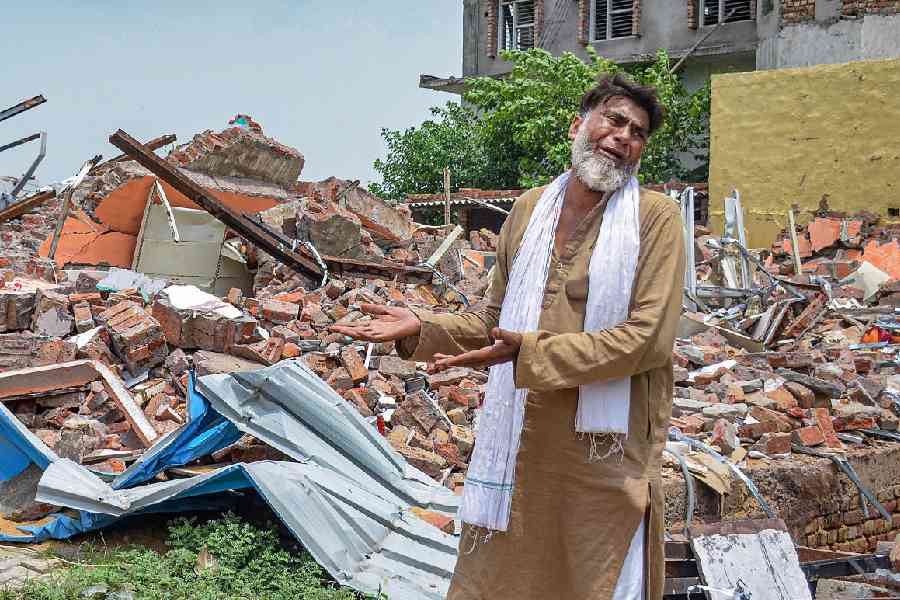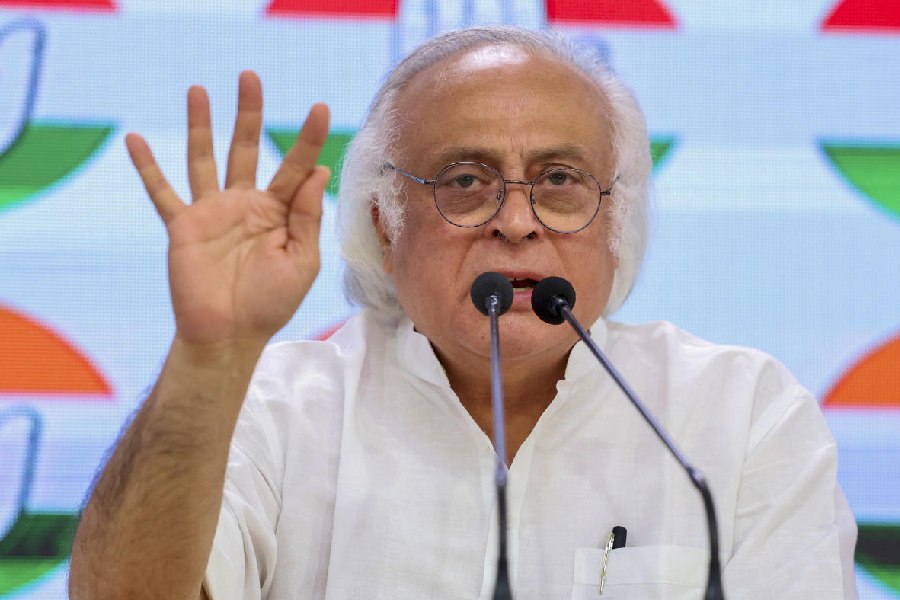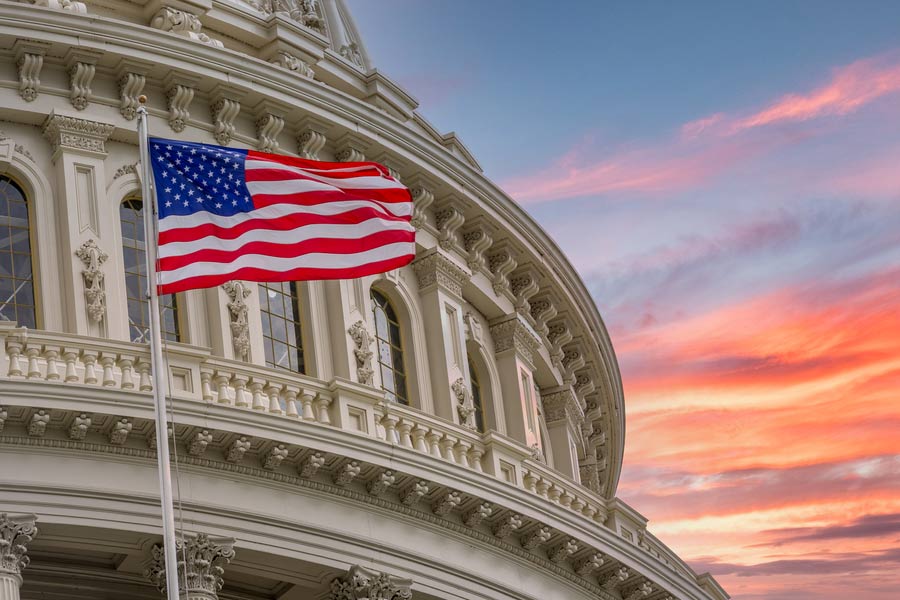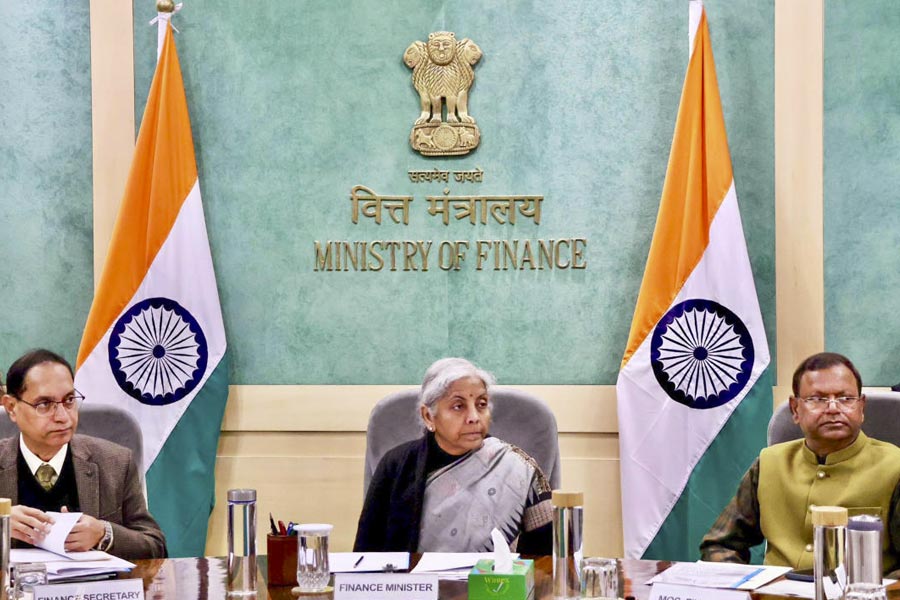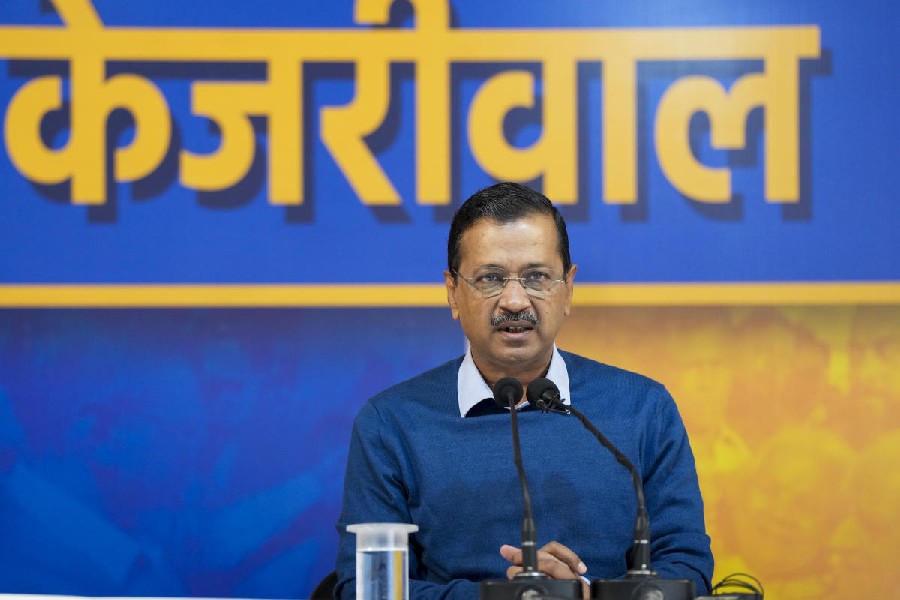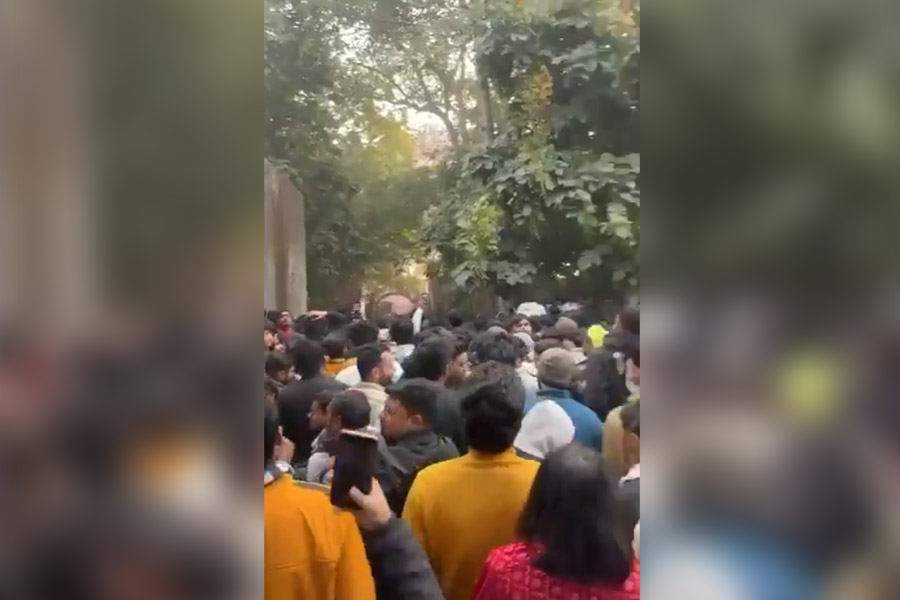On a beautiful Sunday in February, a friend of mine, an ardent BJP supporter, called and cautioned, “I think you should start looking for a job in the West Asia. This regime is returning with more than 400 seats.” I laughed nervously and admonished him, but a tiny glob of fear made home somewhere inside. On the evening of June 4, I called him back. He did not pick up the phone.
His party was struggling to get even a simple majority.
The results of the 2024 Lok Sabha elections in India have thrown a lifeline to people like me. It is as if someone’s grip over our windpipes has suddenly gone loose. A gush of air seems to be filling our lungs. The results have themselves become a breathing organ for so many of us.
In the last 10 years, our identities had decided how Indian we were, and how we should be treated. The parameters of hope, love and hate were redefined. Justice became a privilege at the behest of identity. Remember, Umar Khalid and Gulfisha Fatima continue to be behind prison walls without charges. Even for those who did get a semblance of judicial hope, it was either too late or too little. Natasha Narwal wasn’t allowed to see her ailing father, Prof. Mahavir Narwal, who died waiting for her bail. The last political decade saw the most brutal and state-sponsored erosion of civil liberties.
To be a Muslim, a Dalit, a farmer or someone poor in the last 10 years in India was a difficult, life-threatening proposition. The regime’s hatred for Muslims was manifest in many ways.
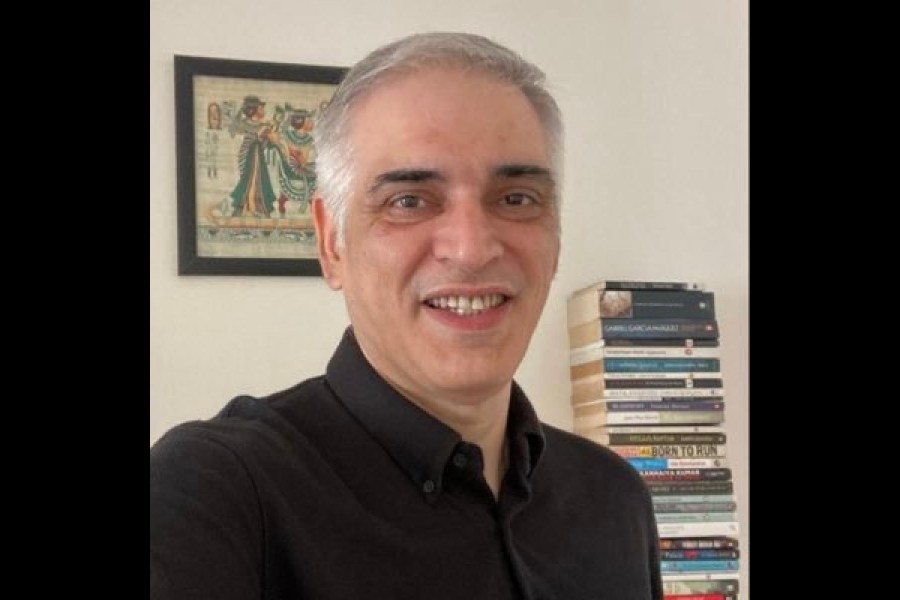
Shah Alam Khan Sourced by The Telegraph
They were the target of a systemic disenfranchising programme. Inclined laws like the Citizenship Amendment Act were brought in. Every election in the last 10 years, state or central, saw the Prime Minister use controversial language to describe Muslims. The home minister of the country compared them to termites. Cabinet ministers garlanded those who had allegedly lynched Muslims. Lynching of Muslims by cow vigilantes through the decade bred a culture of impunity. This impunity took further root when the Yogi regime in Uttar Pradesh started bulldozing houses, mainly of Muslims, under the pretext of small crimes or even protests against the state. This rubble of justice was not only sad but outright unlawful.
The line between revenge and justice was blurred by every bulldozed house. Even as we were beginning to make some sense of the rubble created by the UP government, came the arrest of activists, academics, writers and Internet influencers. Writers like Gauri Lankesh were murdered for keeping a different view and, unfortunately, her murder was celebrated online by those who were followed by the top political brass.
All in all, front-door abuse was strengthened by back-door violence. Murder is sadly the “logical” culmination of im- punity in any society.
The Dalits, who had always been outside the ring of privilege in Indian society, were further marginalised. According to the National Crime Record Bureau, crimes against tribals rose by 6.4 per cent in 2021 alone. There were nearly 46,000 crimes against members of the Scheduled Castes in 2019. The refusal of the State to conduct a caste census showed their dishonesty in affirmative action for the underprivileged.
The brutal rape and killing of a Dalit girl in Hathras (in Uttar Pradesh) and the subsequent efforts of the regime (both at the Centre and in the state) to hurriedly hush up the case is a classic example of how justice or even asking for it was solely based on identity in the country. Unfortunately the fourth pillar of democracy, the media, too played to the tune of the regime and the case was wrapped up and disposed of into oblivion.
So what should make us feel happy about the current election results?
History tells us that societies purge their evil. As a doctor, I can tell you that democracy and justice are like pregnancy — either you are or you aren’t. One can’t be a little pregnant. Similarly, one can’t be a little just or a little democratic. Justice and democracy are absolutes.
As we arrest more human rights activists, as we demolish more Muslim homes, as we incarcerate more writers, lawyers and teachers, we breach more of the democratic values that we inherited at the time of our tryst with destiny. What these election results have shown is that when common people are denied justice, they become courageous and behave aberrantly to the expectations of power and capital.
These results have restricted the regime. The regime has been crippled by the electorate and this shall set free the uncomfortable silence all around. The wishes and the will of the leader are suddenly open to scrutiny and accountability. Haughtiness of leaders is poisonous for democracies. These results are an antidote to that poison.
My friend who called me that February day is a foot soldier, a minion who is the cloned form of the regime and its leader. Millions of such clones have taken over our spaces in the last 10 years. They are there on Facebook, in office, on X, in WhatsApp groups, in our neighbourhood. They spit venom based on identity. They use the language of violence.
Whether these results will mutate these clones back to a more gentler and humanoid form is another story. As for now, we should be thankful for what we have achieved. We have put a leash on the regime.
The writer is a professor in the department of orthopaedics at the All India Institute of Medical Sciences, New Delhi

